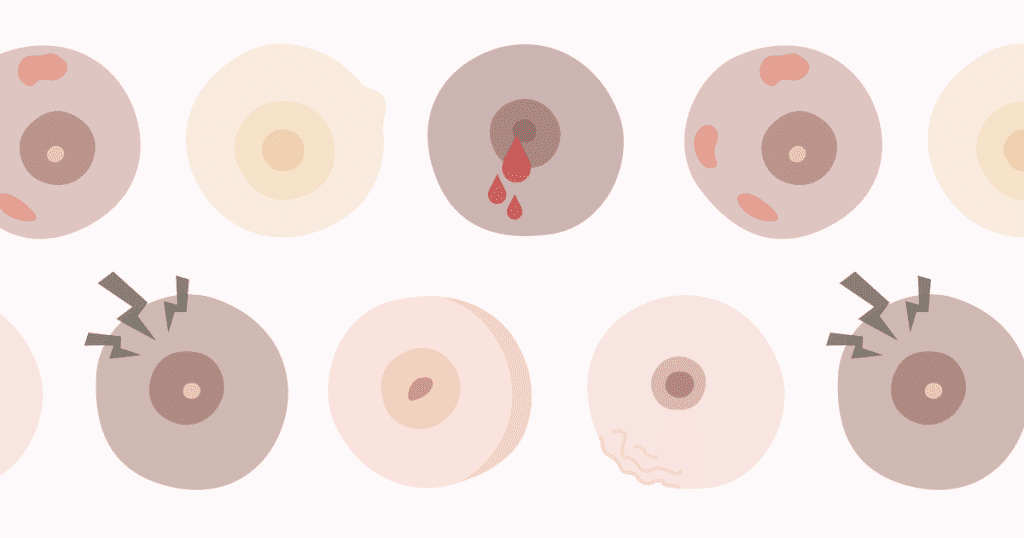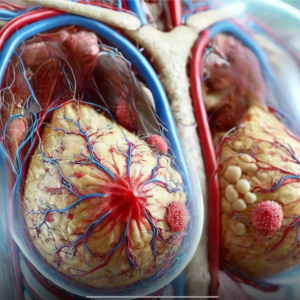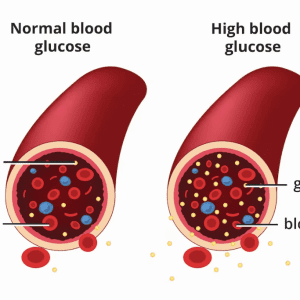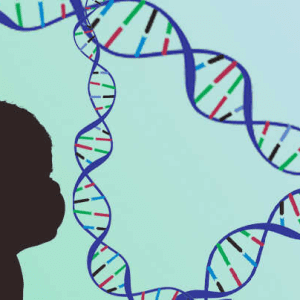Cancer remains one of the most serious health threats worldwide, but the good news is that early detection can save lives. Women often experience subtle changes in their bodies that may indicate an underlying issue—sometimes even cancer. While not every symptom means cancer, being aware of the warning signs can help you take action before it’s too late.
1. Unexplained Weight Loss

Shedding pounds without dieting or exercising might seem like a good thing, but sudden weight loss can be a major red flag. If you lose more than 10 pounds without trying, it could indicate cancers of the stomach, pancreas, or lungs. Cancer often speeds up metabolism as the body fights the disease, leading to unexpected weight loss.
When to See a Doctor
If your weight drops for no clear reason over a short period, schedule a check-up to rule out any serious conditions.
Video:
12 Early Signs Of Cancer Most Women Ignore Until TOO LATE
2. Unusual Skin Changes
Your skin often reveals hidden health issues. Pay close attention to:
- Moles that change in size, shape, or color, as these could indicate melanoma.
- Non-healing sores, especially on the skin or inside the mouth, which may be signs of skin or oral cancer.
- Red, scaly patches or unexplained rashes that persist without an obvious cause.
When to See a Doctor
Any suspicious skin changes should be checked by a dermatologist. Early detection of skin cancer greatly improves survival rates.
3. Breast Changes That Feel Different

Breast cancer is one of the most common cancers in women, making it crucial to stay vigilant. Look for:
- Lumps or thickened areas that weren’t there before.
- Changes in size, shape, or texture of the breast.
- Nipple discharge, especially if bloody.
- Skin dimpling or puckering, similar to an orange peel.
When to See a Doctor
Perform monthly self-exams and get regular mammograms. If something feels off, don’t wait—early detection is key.
4. Chronic Fatigue That Won’t Go Away

If no amount of rest relieves your exhaustion, it could be a warning sign of leukemia or other blood-related cancers. Cancer-related fatigue feels different—it is persistent, overwhelming, and does not improve with sleep.
When to See a Doctor
If fatigue lasts for weeks with no obvious cause, it is time for a medical evaluation.
5. Changes in Bowel or Bladder Habits
Your digestive and urinary systems often send early warning signals when something is wrong. Look for:
- Chronic constipation or diarrhea, which could be signs of colon cancer.
- Blood in the stool or urine, which may point to bladder, kidney, or colorectal cancer.
- Frequent urges to urinate with discomfort, which could signal bladder cancer.
When to See a Doctor
If these issues persist for more than a few weeks, get screened to rule out serious conditions.
6. Persistent Pain Without an Obvious Cause

Not all pain is linked to cancer, but chronic, unexplained pain should not be ignored. Some cancers press on nerves or spread to bones, causing discomfort.
- Lower back pain may be linked to ovarian, pancreatic, or bone cancer.
- Abdominal pain could indicate cancers of the liver, stomach, or intestines.
- Pelvic pain is often associated with ovarian or cervical cancer.
When to See a Doctor
If pain lingers for weeks or worsens, consult a doctor to pinpoint the cause.
7. Abnormal Vaginal Bleeding or Discharge

Unexpected bleeding can be a major red flag for gynecological cancers, including uterine, cervical, or ovarian cancer.
- Postmenopausal bleeding is never normal and should be checked immediately.
- Heavy or irregular bleeding outside of your usual cycle could indicate uterine cancer.
- Foul-smelling or bloody discharge may also be a warning sign.
When to See a Doctor
Unexplained bleeding requires immediate medical evaluation.
Video:
12 WARNING Cancer Signs Woman Often Ignore – Are You At Risk?
8. Persistent Cough or Hoarseness
A lingering cough, especially one that lasts over three weeks, may be more than just an annoyance.
- A dry, nagging cough can be a sign of lung cancer.
- Coughing up blood should never be ignored.
- Hoarseness or voice changes may indicate throat or lung cancer.
When to See a Doctor
If your cough will not go away or worsens, schedule a lung screening.
9. Swollen Lymph Nodes That Stay Enlarged

Lymph nodes help fight infections, but if they stay swollen for weeks without a clear reason, it could indicate leukemia or lymphoma.
- Check for lumps in the neck, underarms, or groin.
- If they feel hard, painless, and continue growing, seek medical attention.
When to See a Doctor
If swollen lymph nodes persist beyond two weeks, see your doctor.
10. Non-Healing Sores or Mouth Lesions
Oral cancers often start as small sores or patches in the mouth. Risk factors include smoking, alcohol, and HPV infections.
- White or red patches on the tongue or gums could be precancerous.
- A sore that will not heal might be an early sign of cancer.
When to See a Doctor
If mouth sores do not heal within two weeks, get them checked.
11. Digestive Issues Like Bloating or Trouble Swallowing

If you constantly feel bloated or full, it might not just be gas. Persistent bloating can be a symptom of ovarian or stomach cancer.
- Difficulty swallowing could indicate esophageal cancer.
- Sudden appetite loss can also be a warning sign.
When to See a Doctor
If bloating, difficulty eating, or nausea persist for weeks, seek medical advice.
12. Unusual Nail Changes
Your nails can reveal hidden health issues. Watch out for:
- Dark streaks under nails, which can be linked to skin cancer.
- Pale, white nails, which may indicate liver issues or cancer-related anemia.
- Clubbed fingertips, where nails appear rounded and enlarged, sometimes linked to lung cancer.
When to See a Doctor
If your nails change suddenly or significantly, consult a physician.
Early Detection Saves Lives

Many of these symptoms can have non-cancerous explanations, but ignoring them could be a costly mistake. Women should prioritize their health, trust their instincts, and seek medical advice if something feels off.
Final Thoughts: Listen to Your Body and Take Action
Cancer is most treatable when caught early. If you experience any of these warning signs, do not hesitate to seek medical guidance. Encourage the women in your life to stay proactive about their health—it could save a life.
Remember, your body knows when something is not right. Listen, take action, and advocate for your well-being. Your health is worth it.


